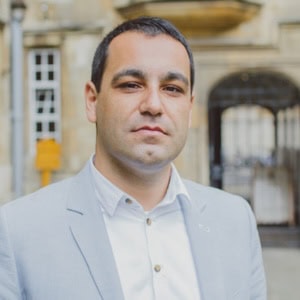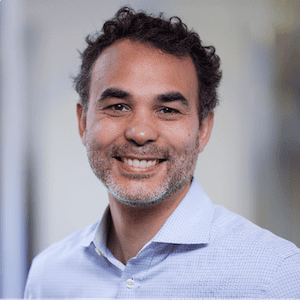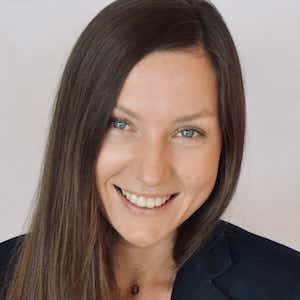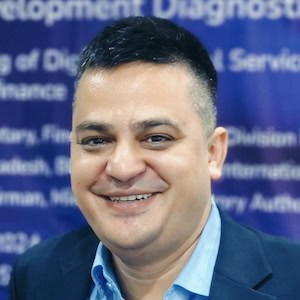-
Financing the Farming of the Future
According to the World Bank, 78 percent of the world’s poor are rural poor, and many of them are farmers. If you are looking for social returns, there are few better places to invest than in agriculture. Yet, we see significant unmet capital needs. At Calvert Foundation is interested in bringing additional capital to grow this important sector and encouraging other private investors to join as well. Fair trade lending has been an important movement in the agriculture sector, and has led to the creation of critical jobs and economic activity. But how can we learn from pioneer investors and encourage capital to address the significant gaps in financing for innovations in the value chains for locally consumed crops?
- Categories
- Agriculture, Investing
-
NexThought Monday: Enough With Impact; Focus on Entrepreneurs
Rather than celebrating better metrics, definitions, research and structures, we as a sector need to focus on the entrepreneurs behind each enterprise, and the motivations behind each entrepreneur.
- Categories
- Social Enterprise
-
Youth Jobs 2.0
Youth unemployment is a complex issue with no easy fix; the global economy needs to create almost 2.5 million jobs each month to absorb the youth entering the market in the next decade. But digital technoloy offers some solutions if certain concrete steps are taken – and if there's collaboration between public and private sectors.
- Categories
- Education, Technology
-
The State of Assessment: Why the ‘assess or not’ debate continues and how we can move beyond it (Part 1 of 2)
Recent debate has focused on whether businesses should assess social, economic and/or environmental impact. How did we get stuck here? In this two-part series, Heather Esper and Yaquta Kanchwala Fatehi of the William Davidson Institute explore the evolution of assessment and how to move beyond the paralysis.
- Categories
- Impact Assessment
-
It Takes a Village to Build a Business – Lessons Learned From a Fintech Accelerator in Mexico
Accion Venture Lab recently teamed with Village Capital and the MasterCard Center for Inclusive Growth to launch its first-ever business accelerator. Its goal was clear: to find and assemble the 12 best early-stage fintech companies in Mexico, and help them take the leap from betas to scalable businesses. Jackie Hyland discusses lessons learned from the experience in this post.
- Categories
- Uncategorized
-
Six Questions for Microfinance’s Biggest ‘Haters’
Since January, when six randomized control trials were published stating that microcredit is not a viable poverty alleviation tool, microfinance has been taking a lot of heat in the media. But though she says the backlash is partially the sector’s own fault, BRAC’s Maria May offers six questions she wishes its loudest critics would consider.
- Categories
- Impact Assessment
-
The Female Factor: Why enrolling more women as mobile money agents can benefit service providers, customers – and the agents themselves
Research has shown that enrolling more female mobile money agents can improve customer service and increase public trust in bank products and brands. It also provides these women with a valuable source of income. That’s why the Cherie Blair Foundation for Women has partnered with FirstBank of Nigeria and the Youth for Technology Foundation to train 2,500 Nigerian women entrepreneurs as Firstmonie agents.
- Categories
- Uncategorized
-
Too Good to be True?: Is the Global Findex survey overstating growth in financial inclusion?
Since it was published a few weeks ago, the World Bank’s 2014 Global Findex report has made a splash in media around the world. It found that financial inclusion grew from 51 to 62 percent between 2011 and 2014, a shift that represents a total of 700 million people worldwide. But according to Daniel Rozas and David Roodman, there are reasons to be skeptical about this apparently massive growth.
- Categories
- Education, Impact Assessment










